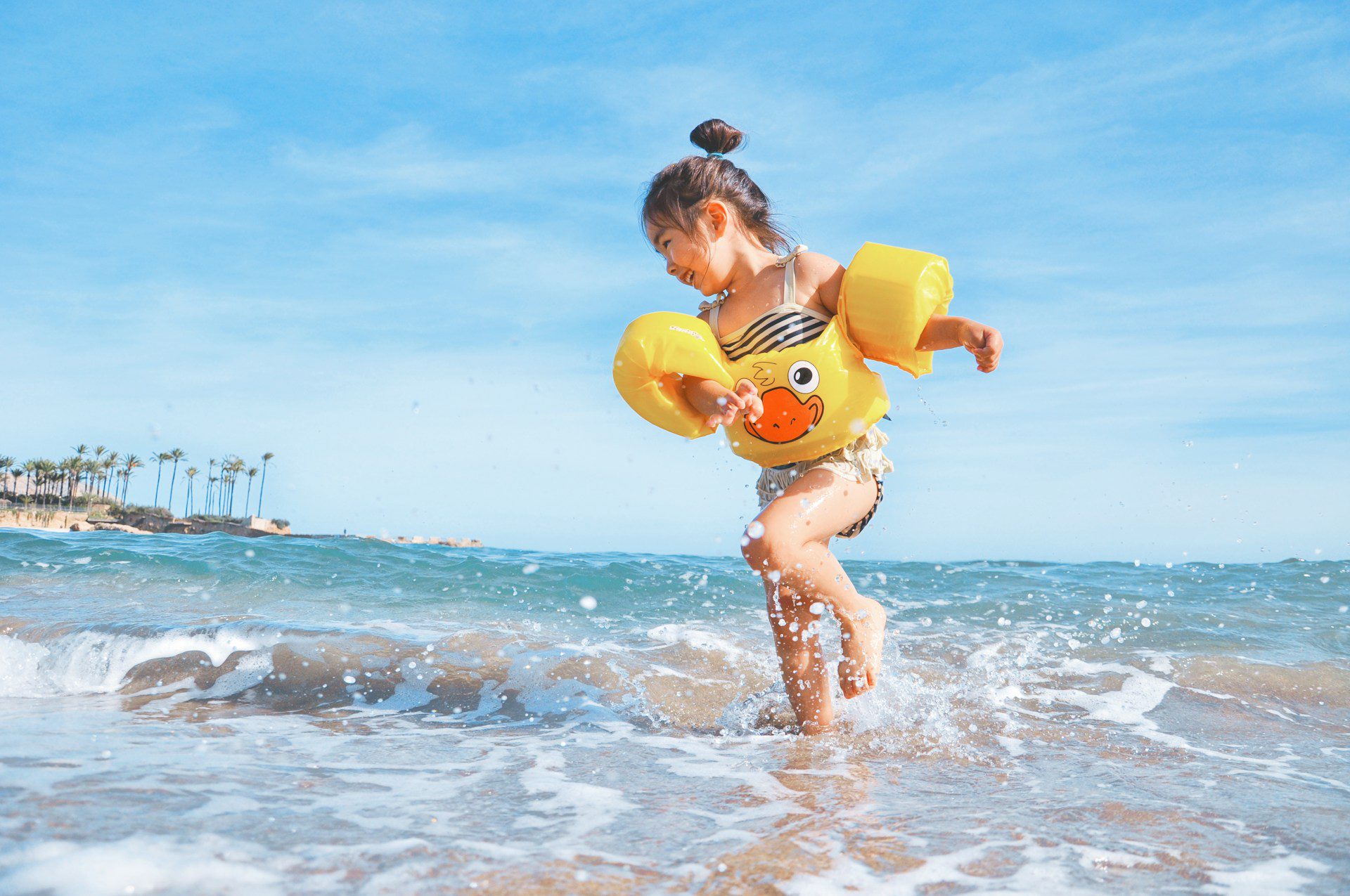
Cultivating Positive Mental Health Awareness for Kids
Key Takeaways:
- Recognizing persistent childhood struggles may be warning signs
- How to identify red flags in consistent behaviors
- Understanding the importance of supportive environments provided by adults
- Finding support to help cultivate positive coping habits and creative expression
It may feel easier to dismiss childhood and adolescent ups and downs as “just a stage,” but childhood mental health awareness is important to cultivate to navigate potential mental health issues in a supportive and positive way.
All children go through the occasional phase: maybe they struggle a bit in school, experience drama with classmates, or have trouble getting along with parents or siblings. When the previous situations become consistent patterns that don’t improve over time, it’s possible to miss signs of deeper, underlying concerns that may ripple into their adulthood if not addressed early.
A child doesn’t have to have a diagnosis of mental illness in order to find support for disordered or negative patterns of behavior. For young people with ongoing mental illnesses or other behavioral issues, cultivating positive habits through therapy and coaching can help them feel better and approach life more positively.
Teaching positive attitudes and practices early –call it mental health hygiene – can give a child the confidence they need to find an adult to talk with when they’re in trouble, and can give parents the tools they need to recognize and manage it.
Childhood Mental Health
Some mental illnesses and mental health issues don’t develop until teenage years or even adulthood; others, like anxiety and depression, oppositional defiant disorder, or anti-social personality disorder, may show up very early. For context, some 20 million children – more than one in seven according to the American Psychological Association and the U.S. Department of Health & Human Services – live with a mental health disorder or other emotional or development disorder. Even without a formal diagnosis, kids need to learn healthy habits when they’re little, in order to navigate life’s challenges in a positive and constructive way. This is why children’s mental health is important.

Lasting Impact of Childhood Mental Health Imbalances
Almost anything can trigger a disruption in a child’s day-to-day life, but the support they get during challenging situations or crises can help mitigate potentially chronic mental health imbalances later on. This is why understanding childhood mental health is important for all adults who work with children: so they can recognize negative patterns and provide support.
A child who’s feeling frustrated, sad, or angry when things “don’t go their way” can handle it if the adults in their life are supportive and model good coping skills. Conversely, a child who feels they can’t talk about their struggles may have trouble doing their schoolwork, run into disciplinary issues, or be unable to eat, sleep, or even play – and that’s just in the short term. Long term, children without support systems and healthy coping skills may turn to self-destructive habits as a way to deal with their feelings, delve into alcohol or other substances, engage in risky behaviors, or struggle to maintain balanced and happy relationships with partners or friends. The importance of childhood mental health awareness cannot be understated, and a big part of cultivating that awareness is instilling positive ways of reacting to challenges early on.
Signs a Child May Need Support
Adults who work with kids have to be vigilant about mental health. It’s important to know the signs of children who may benefit from further mental health support or counseling:
- Frequent disciplinary problems in school
- Isolation from friends
- Loss of appetite or overeating
- Loss of interest in activities they previously enjoyed
- Escapist behavior such as immersion in a fantasy world
- Risky behavior
- Poor grooming habits
- Signs of self-harm
- Verbally or physically lashing out at others
- Sudden academic problems (a child who’s always done their work diligently suddenly starts neglecting homework)
Supporting Kids Through Ups & Downs
It’s critical that parents, educators, and pediatricians connect with a troubled child as soon as they notice any of these signs, and provide them with a safe space to work through the problem. Family therapy can go a long way in creating a safe space for teens and children to navigate these challenges. Cognitive behavioral therapy can help teach ways to reframe cognitive distortions that are often the root cause of negative reactions to external stressors.
The ability to support kids through all of life’s ups and downs begins with adults’ awareness of childhood mental health, and the adults around a potentially struggling child need to be willing to listen without judgment, provide positive guidance, and model good mental hygiene themselves.

Establishing Positive Mental Hygiene
Childhood mental health awareness includes teaching good coping skills as early as possible, but this is one area where adults often fail to provide a good example and guidance. Adults need to show kids how to resolve conflicts, how to find help when they need it, and how to self-soothe.
Here are some ideas for how to teach good mental hygiene habits:
- Engage in frequent, honest and nonjudgmental conversation with children
- Encourage good eating and exercise habits without negative criticism or judgment
- Allow time for children to play and relax
- Keep track of children’s relationships with their peers
- Teach children early how to keep a journal
- Encourage children to express their feelings through art
- Pay attention to signs that “something’s not right” during play
- Be supportive, not punitive, when dealing with disciplinary issues
- Recognize when you and/or a licensed mental health counselor may need to step in
- Take care of your own physical and mental health
Positive, gentle parenting and teaching habits can go a long way toward establishing and supporting good mental health in children. Teaching good mental health habits when they’re little can provide children with the skills they need to navigate life’s difficulties later on. And how adults respond to a child’s mental health concerns can make a huge difference in the outcome.
Getting Support for Your Family
If a child’s behavior at home and at school is disrupting how they function in their daily life, or negatively impacting those around them, it’s critical you consider therapy for your family. Family and individual therapy for children can help provide a safe space where they can feel listened to, supported, and where they can learn tools for more positive ways of living for both adults and their children. While parents are working on this at home, it’s also important to enlist the help of the child’s school: communicating with teachers and counselors can be key for creating a supportive environment in school, where a child spends a large portion of their time. Childhood mental health awareness is critically important to help children cope in the moment and navigate future challenges.
Our family therapy in Miami offers such a space for teens and children to get support, whether it’s with counseling for ADHD, support during gender transition, or therapy for personality disorders. Anna Marchenko, LMHC, Ed.M, M.A., can help families learn how to care for children’s mental health through offering an integrative approach to mental health counseling. Call 305-790-3949 today to make an appointment.
Additional Resources for Childhood Mental Health Awareness
SAMSHA Crisis and Suicide Lifeline: Text or Call 988
SAMSHA National Helpline: 1-800-662-HELP (4357)
Suicide Prevention Resource Center for Children 12 and Younger






Write a Comment